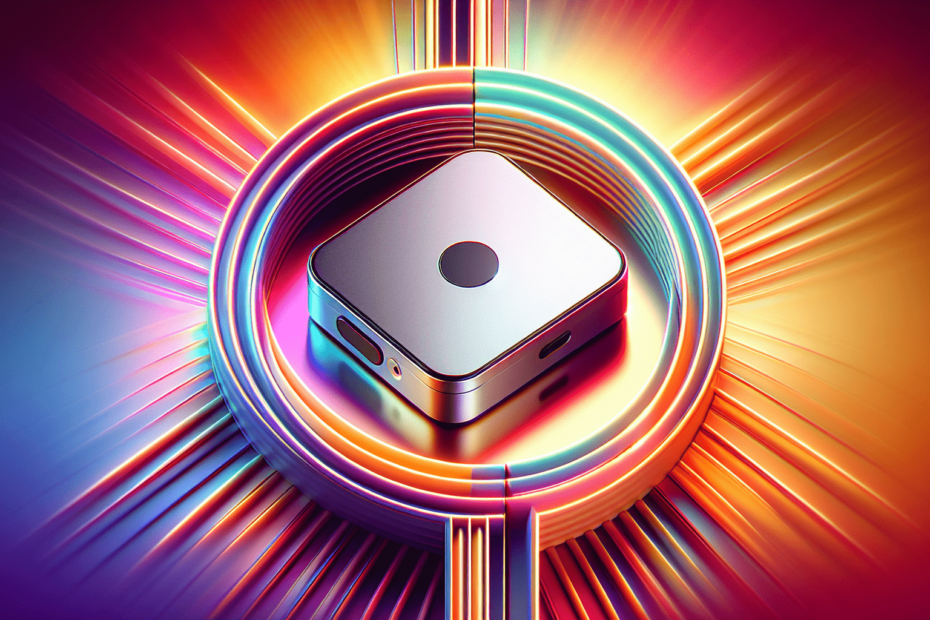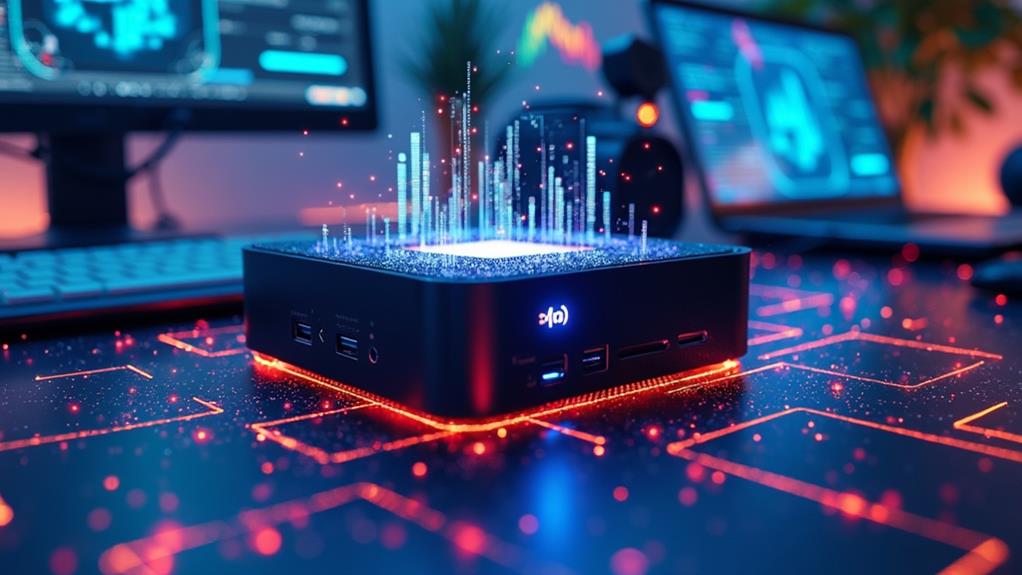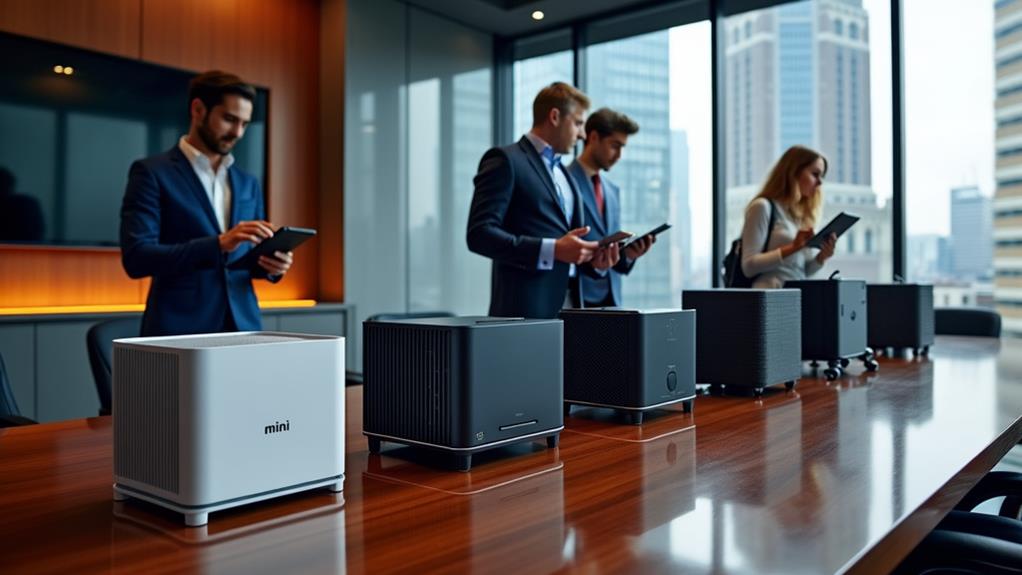



In today’s tech-savvy world, mini computers have become increasingly popular due to their compact size and portability. These petite powerhouses offer numerous advantages, such as their lightweight design that allows for easy transportation, making them ideal for professionals constantly on the move. Additionally, mini computers often come with lower power consumption, helping to reduce energy bills while ensuring efficiency. However, like any technology, there are also a few downsides to consider. Limited storage capacity and reduced processing power are among the disadvantages that may hinder users who require extensive data storage or perform resource-intensive tasks on their devices.
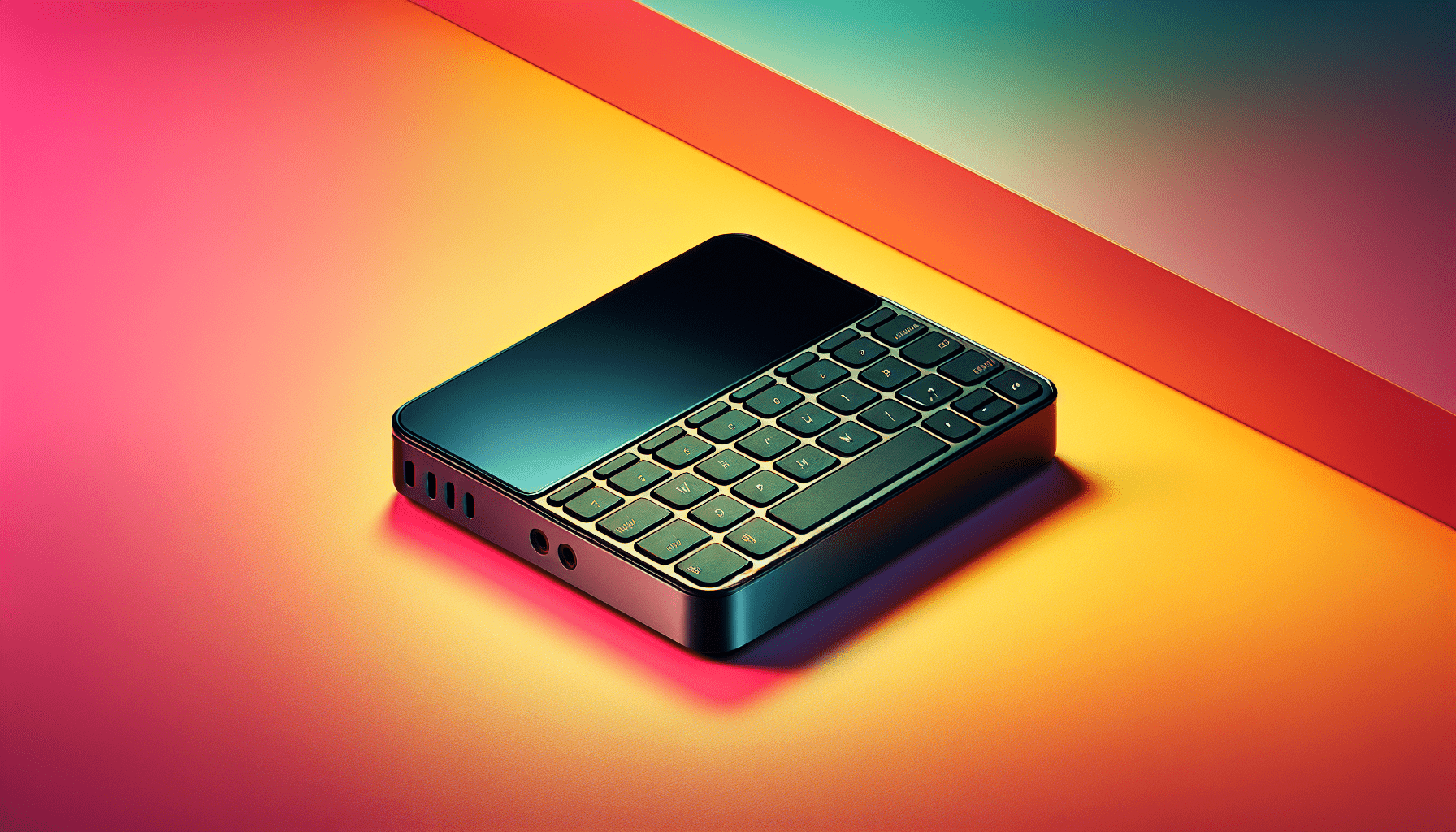
Advantages of Mini Computers
Portability
One of the major advantages of mini computers is their portability. These compact devices are lightweight and small in size, making them easy to carry around. Whether you need to travel for work or simply want to take your computer to a café, a mini computer provides the convenience of mobility. You can easily slip it into your bag or backpack without feeling burdened by its weight. With a mini computer, you can have your work or entertainment on the go, wherever you are.
Space-Saving
Another significant advantage of mini computers is their space-saving nature. These compact devices are designed to occupy minimal space. If you have limited desk space or live in a small apartment where every inch matters, a mini computer can be the ideal solution. Whether you place it on your desk, a bookshelf, or even mount it on the back of a monitor, a mini computer takes up minimal space, leaving more room for other essential items. It allows you to have a functional computer system without sacrificing valuable space.
Low Power Consumption
Mini computers are known for their low power consumption. Unlike traditional desktop computers or even some laptops, mini computers are designed to be energy-efficient. This not only saves you money on your electricity bills but also contributes to a greener environment. With today’s emphasis on sustainability, opting for a mini computer is a responsible choice. You can enjoy using a powerful computer without the guilt of excessive energy consumption.
Affordability
Mini computers are often much more affordable than their larger counterparts. If you are on a budget or looking for a cost-effective computing solution, a mini computer is a great option. These devices offer fantastic value for money without compromising on performance. Many mini computers offer similar features and functionalities as traditional computers but at a fraction of the price. By choosing a mini computer, you can enjoy the benefits of a reliable computing system without breaking the bank.
Ease of Upgrades
One of the advantages of mini computers is their ease of upgrades. Unlike larger computers that may require professional help or complex processes when upgrading components, mini computers offer a more straightforward approach. Most mini computers have easily accessible components, allowing you to upgrade various parts such as RAM, storage, or even processors with relative ease. This flexibility makes it convenient to adapt and improve your mini computer to meet your specific needs and requirements.
Disadvantages of Mini Computers
Limited Processing Power
One of the primary disadvantages of mini computers is their limited processing power. Due to their compact size, mini computers often have less powerful processors compared to full-sized desktops or laptops. This limitation can result in slower performance, especially when handling demanding tasks such as gaming or video editing. While mini computers are sufficient for everyday tasks and light usage, they may not be suitable for resource-intensive applications that require high processing power.
Limited Storage Capacity
Mini computers usually come with limited storage capacity. Their small form factor often restricts the inclusion of large internal storage options. While this can be mitigated to some extent by utilizing external storage devices such as external hard drives or cloud storage solutions, it may still be a limitation for users who require large amounts of local storage. If you need to store and access large files or have extensive multimedia collections, you might find the limited storage capacity of mini computers to be a drawback.
Limited Graphics Capability
Another disadvantage of mini computers is their limited graphics capability. Mini computers typically use integrated graphics processors, which are not as powerful as dedicated graphics cards found in larger computers. This limitation can impact the performance of graphics-intensive applications such as modern video games or graphic design software. If you rely heavily on such applications or are an avid gamer, a mini computer may not be the best choice for you.
Reduced Expandability
Due to their compact size, mini computers often have reduced expandability options. The limited physical space within the device may not allow for additional components or expansion cards to be added easily. This can be a drawback if you anticipate the need for future upgrades or expansions. Before purchasing a mini computer, it is essential to consider your long-term needs and ensure that the device provides the necessary expandability options to accommodate them.
Higher Risk of Overheating
Mini computers, due to their small form factor, may be more prone to overheating compared to larger computers. With limited space for airflow and heat dissipation, mini computers can experience thermal issues, especially during prolonged and intense usage. This can potentially lead to performance throttling or even hardware damage if not properly managed. It is crucial to ensure proper ventilation, cooling mechanisms, and regular maintenance to mitigate the risk of overheating in mini computers.
In conclusion, mini computers offer several advantages such as portability, space-saving design, low power consumption, affordability, and ease of upgrades. These compact devices provide the flexibility to work or entertain on the go without sacrificing performance. However, they also come with certain disadvantages, including limited processing power, storage capacity, graphics capability, expandability, and a higher risk of overheating. Consider your specific needs and usage requirements to determine whether a mini computer is the right choice for you.
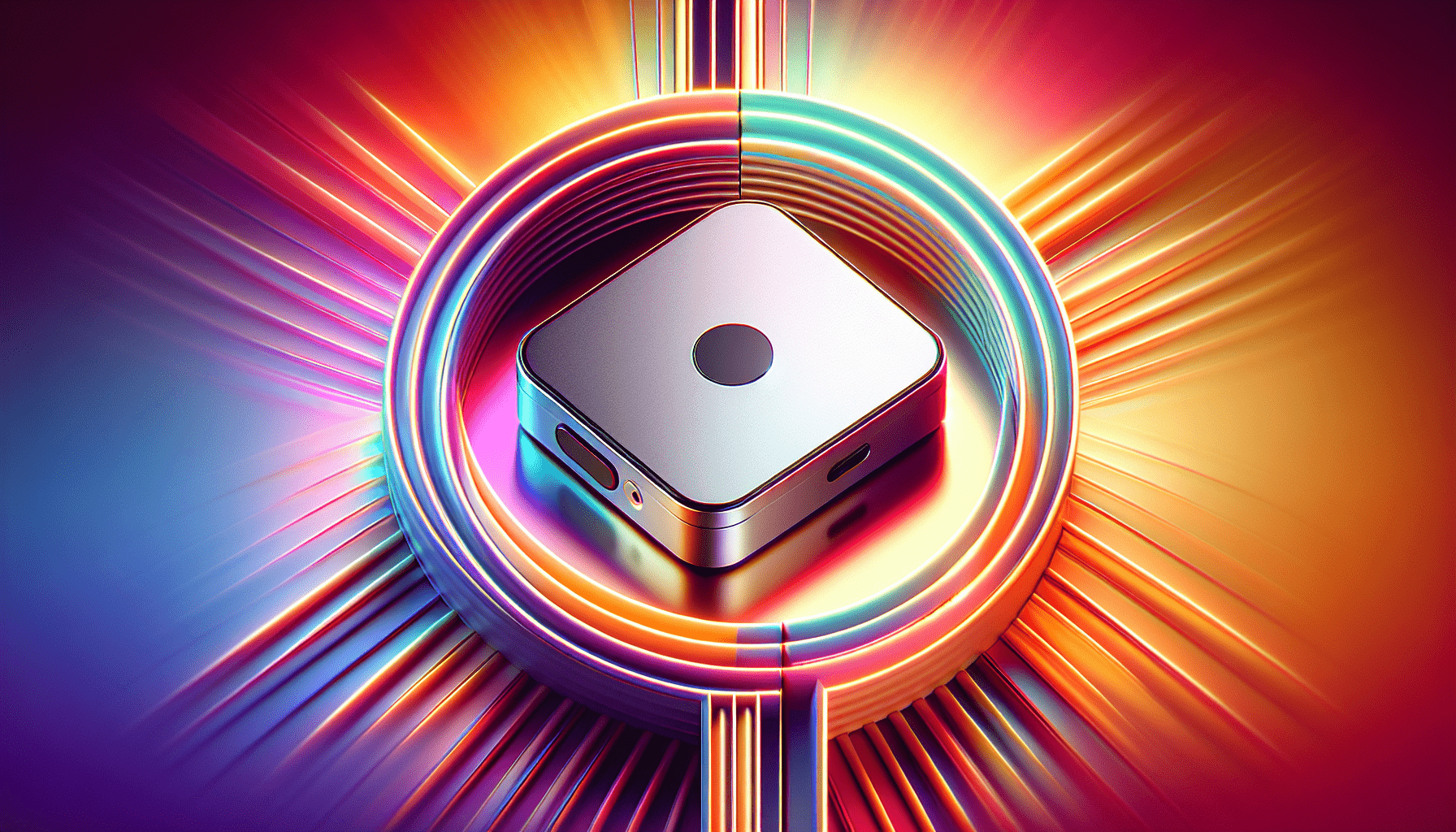
Disclosure: As an Amazon Associate, I earn from qualifying purchases.
